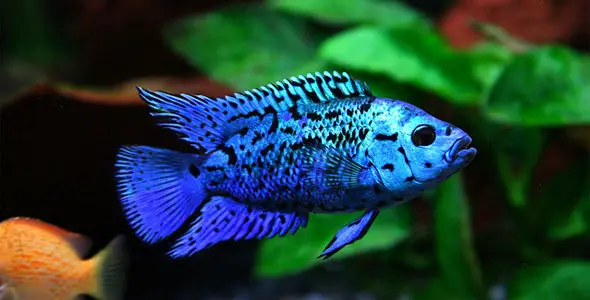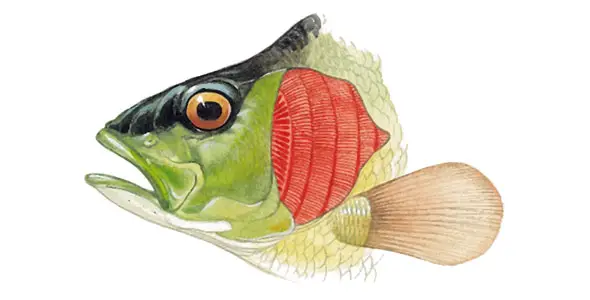While most freshwater fish stay small enough to inhabit a tank of moderate size, others have the potential to grow and grow and will quickly outgrow a tank! Certain species, such as plecos and koi, are best known for this and bring up the following question among potential owners: “Should I invest in a pond?”. In many ways, a pond has to be considered an oversized fish tank. Both require an adequate filtration system, can be aquascaped, and can nurture and maintain a population of fish.
Owning a pond, however, is an entirely different experience than owning a small, in-home fish tank. While there is a minimal amount of planning that goes into building a freshwater tank, a pond requires significantly more, especially if you build the pond yourself. Building a pond is a backyard renovation. It requires you to sit down and plan, as you will be making long-term changes to your property. You may want to consider hiring a professional to design and build your pond for you.
A regular in-home aquarium, however, simply involves you heading over to your local pet store. Most if not all of the supplies needed to build and maintain a moderate aquarium in your home can be found in the pet store right near their fishes and aquariums. Pond supplies often require drips to specialty pond stores, home improvement stores, and pet stores for supplies and fish.
Caring for your fish in either situation changes little. Most pond fish, such as koi, have specific dietary needs that are easily met through pellets or flakes that can just as easily be fed in a pond as they can be in an aquarium. Additionally, in colder climates there is no need to feed your pond fish over the winter as they semi-hibernate in the warmer sections of your pond.
Both ponds and aquariums require water changes in addition to adequate filtration and ponds tend to become stopping points for local wildlife with can significantly dirty the waters beyond what your filter can handle, requiring you to remove your fish from the water, drain your pond, and completely clean it out. An aquarium rarely requires such drastic changes as even at its worst a good scrubbing with an algae pad is often sufficient for removing the worst algae while a water change will bring the situation back under control.
Predators are not a concern, generally, when dealing with an aquarium. Pet stores sell lids that will tightly clamp onto the top of your tank, protecting the fish from outside intruders and preventing them from jumping out where predators, such as cats, can get a hold of them. A pond, however, often draws predators that you least expect into your backyard: birds, raccoons, and possums to name a few. This can be a problem, not only for your fish but for other pets that you may have in your home. Netting and other anti-predator precautions must be taken once your pond is established to prevent your new backyard ecosystem from being destroyed.
Though neither option should be taken lightly, building a pond in your backyard should be carefully considered. Not only will it house large fish dependent on you for their well-being, it will renovate your landscape and requires a pretty hefty investment.




